On its surface, Alberta’s long-ballyhooed inquiry into an alleged foreign-funded plot to landlock tar sands oil is a $3.5-million flop.
The final report was submitted to Energy Minister Sonya Savage on July 30, and must be released to the public within three months. But on July 21, the Progress Report released an exclusive about a 200-page draft of the 600-page report they’d obtained, with the Globe and Mail publishing its own article two days later.
While the report spuriously labels environmentalist groups — including those whose mandate has nothing to do with the tar sands — as “anti-Alberta” and “extreme,” Inquiry Commissioner Steve Allan acknowledges these groups are doing nothing more than exercising their democratic rights.
“I wish to be clear that I do not find that participation in an anti-Alberta energy campaign is in any way improper or constitutes conduct that should be in any way impugned,” Allan wrote, adding later that many of the targeted groups, such as 350.org, Ecojustice and Greenpeace, are “driven by an honest concern about the threats of climate change.”
Allan also recognizes that the cancellation of oil-related projects, such as the Keystone XL pipeline or Teck Frontier’s oil mine, weren’t entirely the result of environmental activism, but part of a broader international shift away from non-renewable energy.
Despite its milquetoast conclusions, the fact the inquiry existed at all should concern anyone dedicated to ensuring the planet is habitable, and safeguarding freedom of expression.
The inquiry, alongside the farcical Canadian Energy Centre, also known as the “war room” — last seen targeting an animated children’s movie on Netflix — were two prongs of Alberta Premier Jason Kenney’s “fightback” strategy against perceived foes of the province’s oil and gas industry, whom he claims are engaged in a deliberate campaign of “disinformation and defamation” against the tar sands.
From the outset, the inquiry gave the war room a run for its money as a comedy of errors.
Shortly after Allan, a prominent Calgary forensic accountant, was given the $290,000 job, the CBC reported he’d actively campaigned for then-Justice Minister Doug Schweitzer’s 2017 United Conservative Party leadership campaign, donating $1,000, as well as $750 in 2018. Schweitzer was the minister who appointed Allan to the commissioner role.
Once he was appointed, Allan awarded the Dentons law firm a $905,000 sole source contract. Allan’s son is a partner at Dentons, as was Schweitzer until he was elected to the legislature in April 2019.
The inquiry was given five deadline extensions, which earned it a $1-million top-up from its initial $2.5-million budget, and didn’t seek a formal response from the groups targeted until a month before the report’s completion.
In June 2020, the inquiry’s terms of reference were quietly changed from “the commissioner shall inquire into anti-Alberta energy campaigns that are supported, in whole or in part, by foreign organizations” to the “commissioner shall inquire into the role of foreign funding, if any, in anti-Alberta energy campaigns.” (The emphasis is mine.)
Additionally, Allan commissioned a conspiratorial $28,000 supplementary report from British writer Tammy Nemeth, who argued the environmentalist movement is part of an international Marxist plot that has used “grandiose schemes” to infiltrate the media, banks, NGOs, governments, the United Nations and large corporations.
The responses from the environmentalist groups targeted suggest the Allan report has all the hallmarks of an amateurish hitjob.
British Columbia-based Dogwood pointed out in its submission that the report’s information appears to be gleaned primarily from social media and blog posts, while 350.org criticized the absence of any “peer-reviewed climate science or expert analysis of the impacts of acting in line with that science on Alberta, Canada and the world.”
In the National Observer, Sandy Garossino, who has extensively debunked the “foreign-funded” trope by looking at the data, points out Kenney’s rhetoric of a foreign plot to ruin Canada’s natural resource economy goes back to his time in former Prime Minister Stephen Harper’s government, which launched a quixotic crusade against environmentalist charities by subjecting them to politically-motivated audits and labelling them as potential terrorists.
In doing so, Garossino writes, they “smeared the reputations of decent Canadians, whose only sin was trying to protect Canada from environmental degradation and climate change.”
In 2012, then-Environment Minister Peter Kent told the CBC that environmentalist groups are being manipulated by foreigners to “launder offshore foreign funds for inappropriate use against Canadian interest,” while former Natural Resource Minister Joe Oliver accused “environmental and other radical groups” of attempting to sabotage Canada’s economy.
Never mind that, as Garossino observed, the tar sands are propped up by more foreign funding than any environmental non-profit could dream of.
But Kenney took this paranoid style to new heights in 2019, referencing Russia’s jailing of environmentalists in a meeting of oil executives: “[Climate activists] know they couldn’t get away with this in Vladimir Putin’s Russia. In fact, Greenpeace did do a protest on an offshore rig in Russia and their crew was arrested and thrown in a Siberian jail for six months and funnily enough they’ve never been back — I’m not recommending that for Canada, but it’s instructive.”
So while it’s tempting to joke about Kenney’s fantastical inquiry, and its myriad step backs and blunders, the rhetoric it has mainstreamed has real consequences. Just ask Tzeporah Berman, who received torrents of misogynistic and antisemitic abuse, which included being assaulted and spat on at the Edmonton airport, after a man standing on stage with Kenney at an official campaign event held up a photo of her with a diagonal line through her face as an example of the foreign threat that must be combatted.
The inquiry’s conclusions were never the point; casting a cloud of suspicion over those who are attempting to protect the planet was always its purpose. It was a drawn out “fear and smear” campaign, to use a favourite phrase of Kenney’s, sending a clear message to dissenters, on climate or any other policy, that if you step out of line, you will be personally vilified by the state.
When you examine it under this light, the inquiry’s outcome is far more insidious than being a mere “multimillion-dollar dud.” And that should concern us all.


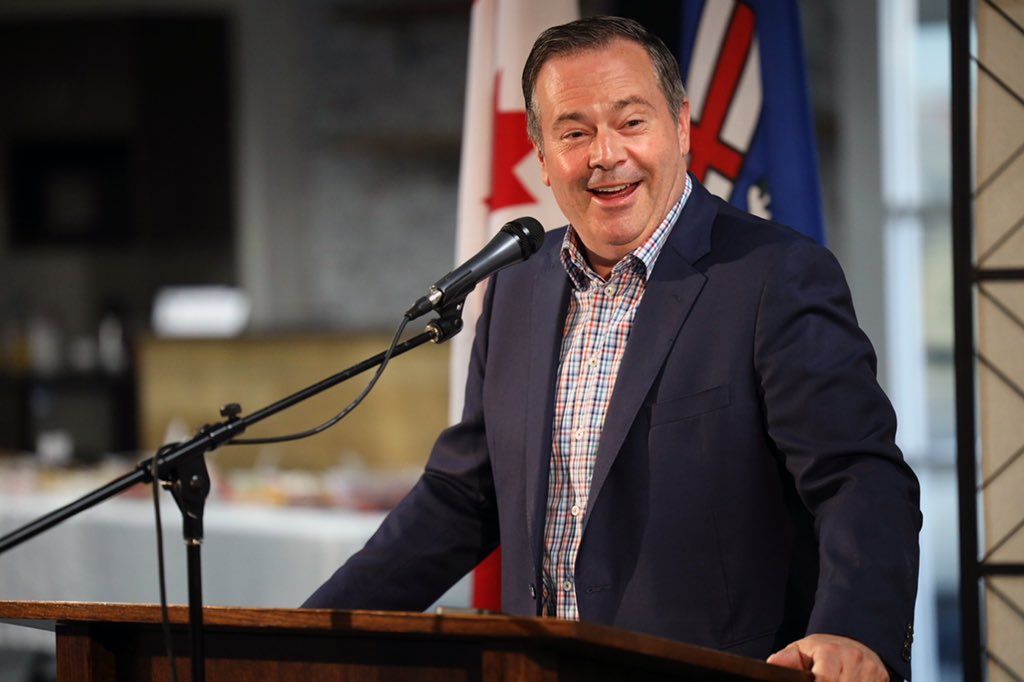
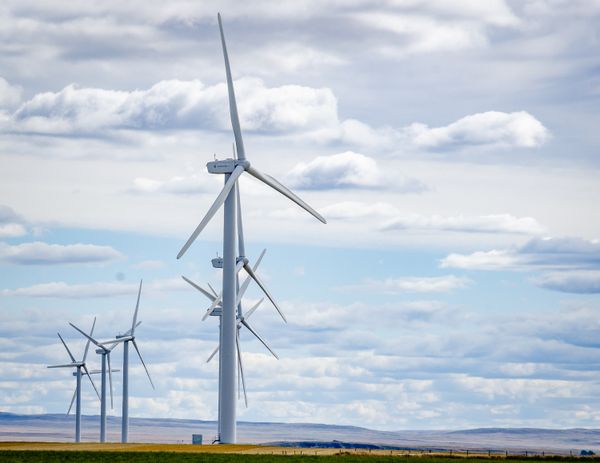
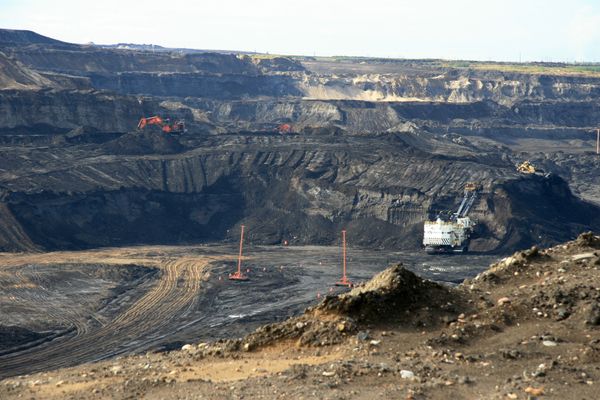
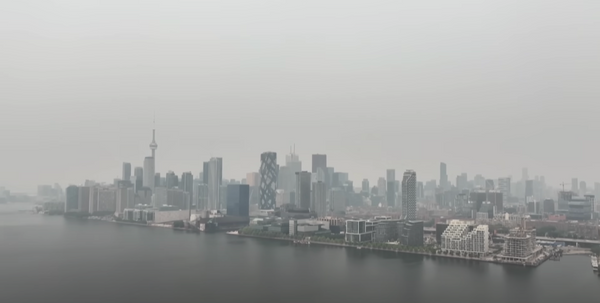
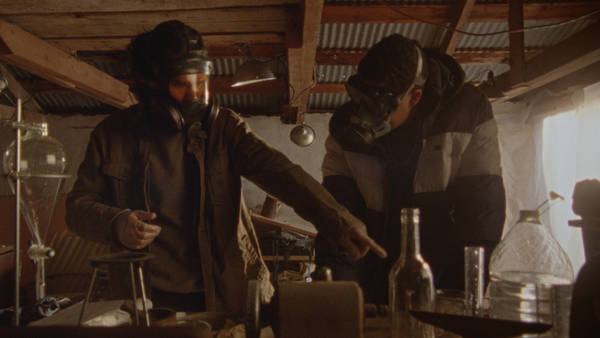
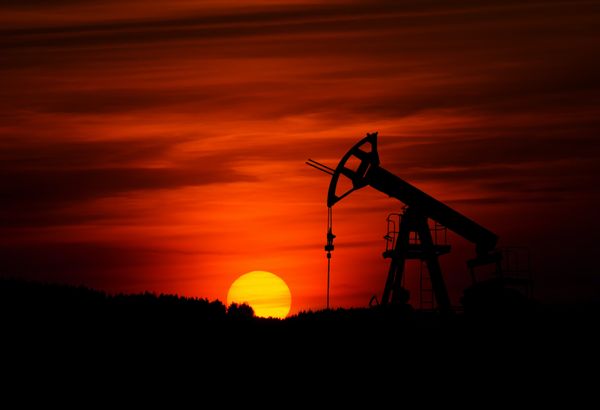
Member discussion